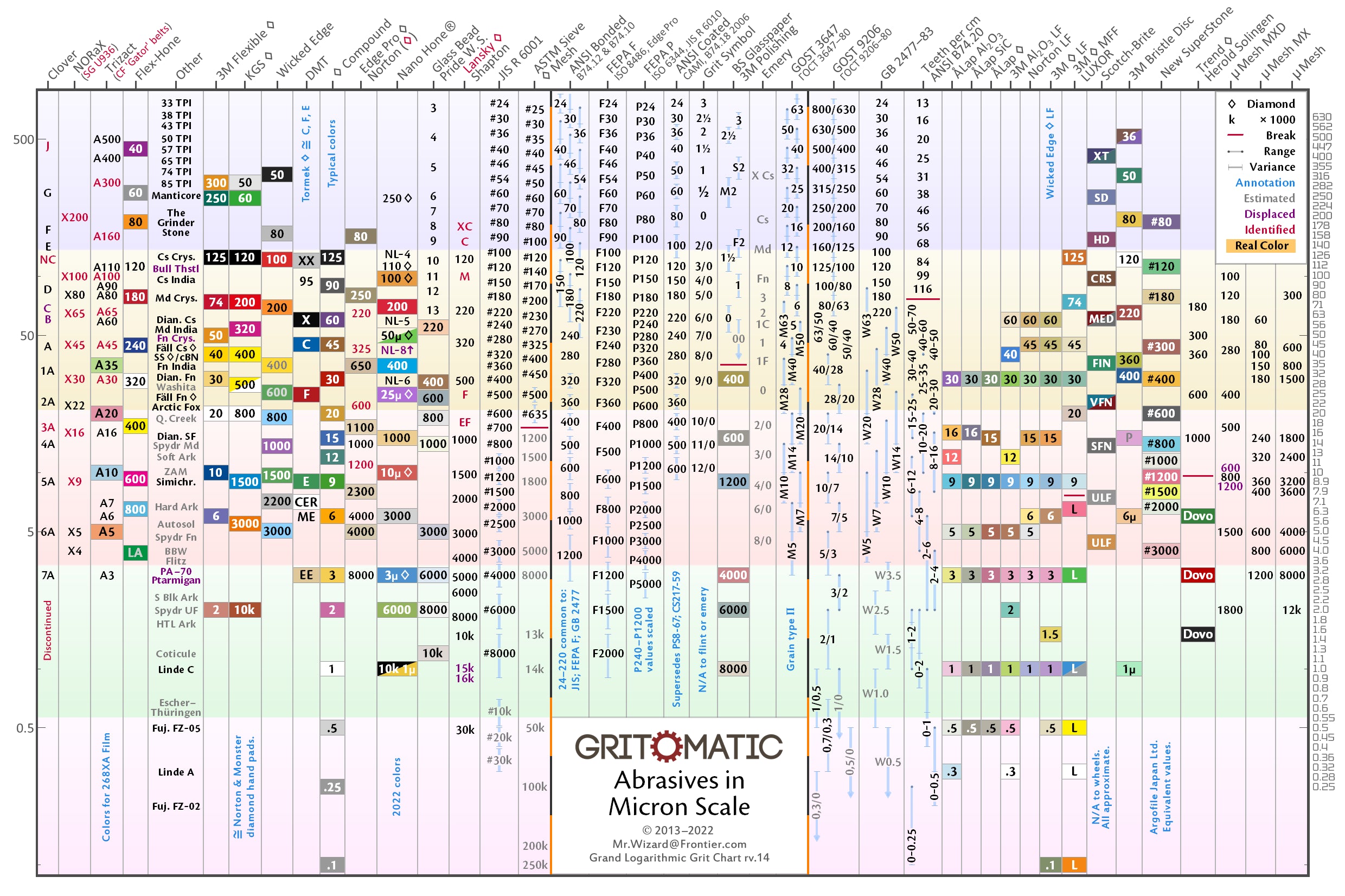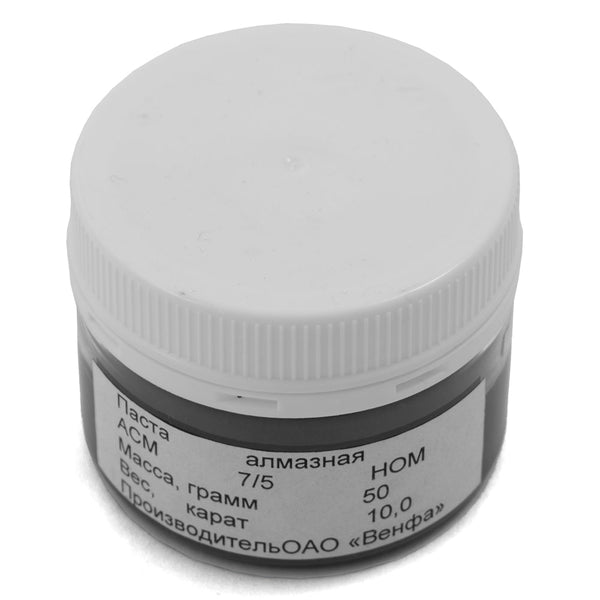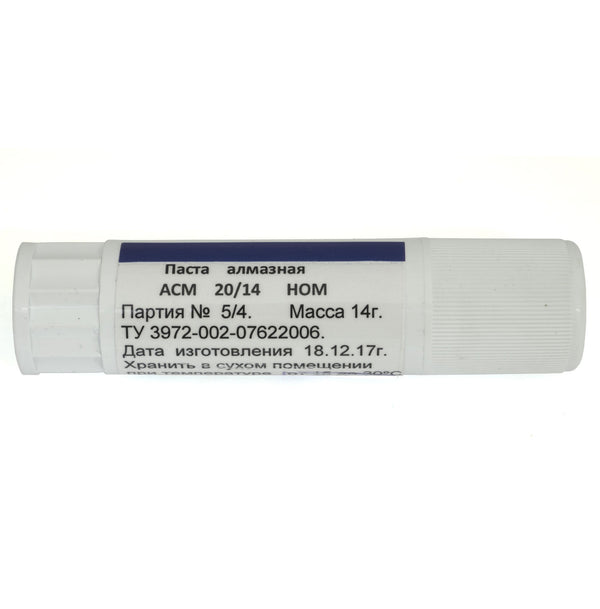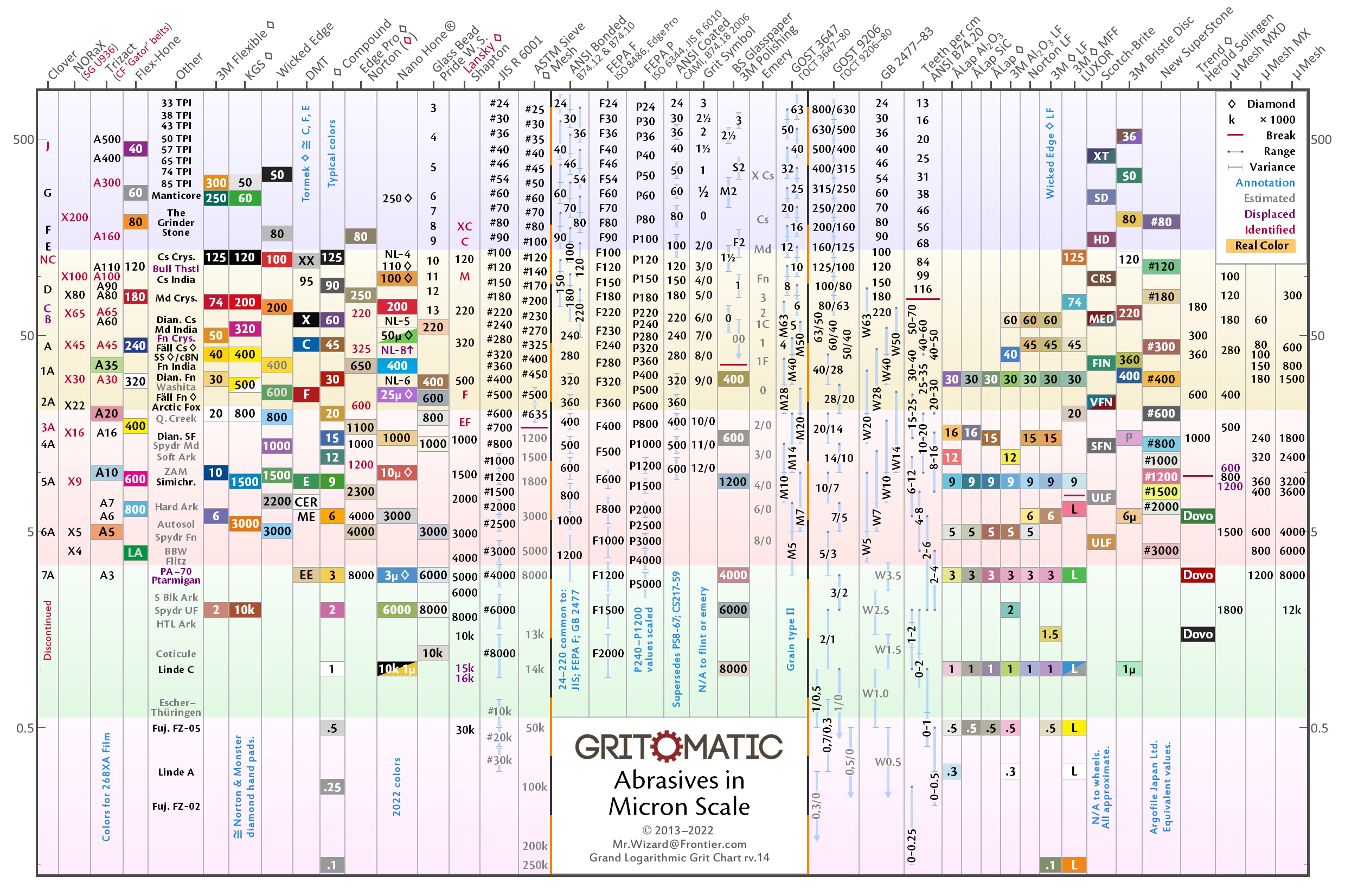Venev Centaur Series Dual Side Diamond 6" x 1"
- #2 Best Seller in 🧊6" Superabrasives
- #4 Best Seller in 💎6" Stones and Strops
- #5 Best Seller in 🛒Full Catalog
SKU: CEN-B100-80.150
AVAILABILITY: In stock (35 items)
Free Shipping
on orders over $50
Returns in 14 Days
following delivery date
Military Discounts
active, retired, veterans
Attention! The Centaur series now includes F1200 + F1500 grit combination.
Venev Centaur Series Dual Side Diamonds are used for sharpening knives on Hapstone and TSProf guided knife sharpeners, as well as freehand sharpening. Diamond sharpening stones offer excellent performance in sharpening knives of any steel.
Centaur Series is dual side diamond with two 1mm-thick diamond-bearing layers on the aluminum plate. The diamond-bearing plate contains evenly distributed diamond grains with resin bonding. The manufacture of bonded diamonds is more complex than for coated diamonds. Bonded diamonds provide better feedback and give the sharpening stone a much longer lifespan.
The OCB version of Venev Diamonds utilizes a brand-new yellow binder with no abrasive particles in the composition. OCB is available in fine grits only and offers better scratch-free sharpening results.
All Venev diamonds use FEPA-F grit classification. Centaur Series is available in five grit combinations. F80 to F240 utilize legacy binder, F400 to F1500 utilize OCB binder. Orion series is available only in 100% diamond concentration.
- F80 + F150
- F100 + F240
- F240 + F400 OCB
- F400 OCB + F800 OCB
- F800 OCB + F1200 OCB
- F1200 OCB + F1500 OCB
Specification
- Product size: 150 x 25 x 10mm (6" x 1" x 3/8")
- Weight: 90 g (3.2 oz)
- Abrasive: Synthetic Diamonds with Resin Bonding
- Extra materials: Aluminum
- Flatness tolerance: up to 0.2mm
How to use
Venev Diamonds are recommended to be used with water as a lubricant for the best feedback. The diamond does not absorb water. Splash water on the stone's surface. Dry usage is an acceptable practice, although it results in faster wearing and speeds up stone loading.
Venev Diamonds may have the flatness tolerance up to 0.2mm. Additional flattening and lapping can be performed by a customer to improve sharpening quality. We recommend using loose silicon carbide powder. Using a diamond lapping plate is not recommended.
FAQ
Which type of diamond is better bonded or coated?
Coated diamonds have all the diamond grains on the surface, maximizing performance. Bonded diamonds spread the diamond grains over their whole volume, and work in similar fashion to conventional abrasives. Only bonded diamonds can be flattened, lapped, repaired or refreshed. Bonded diamonds are universal and able to sharpen any steel. Bonded diamonds have much better feedback and a longer lifespan.
Can I buy Venev diamonds to sharpen all my knives? If they are okay for hard steel, they should be even better for soft steel, right?
Yes, Venev diamonds are universal and will wear extremely slowly on both hard and soft steel.
Can I sharpen ceramic knives with Venev diamonds?
Theoretically, yes. However, sharpening ceramic knives is technically difficult and uneconomical in most cases. Diamond stones can cause microchipping when used on ceramics. Consider purchasing a new ceramic knife instead of sharpening it.
Well-known manufacturers like DMT and Eze-Lap use coated diamonds in their products. Doesn't that mean bonded diamonds are inferior?
Absolutely not. Coated diamond technology is developed in the USA due to its lower cost. The bonded diamond technology is more advanced and more expensive.
The max grit of Venev diamonds is 2000. What grit is good as a next step?
The first thing to consider while combining stones from different brands is grit scale. Venev 2000 grit diamonds use 1 micron particles . In term of grit, Venev 2000 is an ultra-fine finish (approximately 15K waterstone grit).
Does Venev use the FEPA grit scale?
Yes. The manufacturer applies FEPA-F grit and national standard GOST 9206 to mark the stone on the reverse side (for example, a 2000 grit diamond is marked "F2000 1/0").
| Code | Diamond Series | CBN Series | Dimensions | Bond | Class |
|---|---|---|---|---|---|
| CBR | Cerberus | 100×17×10×2×2 | Resin | Dual‑sided Premium | |
| UMI | Ursa | 150×16×10×1×1 | Resin | Dual‑sided Standard | |
| CEN | Centaur | Centaur³ | 150×25×10×1×1 | Resin | Dual‑sided Standard |
| MON | Unicorn🚀 | Unicorn³🚀 | 150×25×14×3×3 | Resin | Dual‑sided Premium |
| CMA | Greater Dog | 98×40×10×1×1 | Resin | Dual‑sided Standard | |
| PHE | Phoenix | 200×83×10×1×1 | Resin | Dual‑sided Standard | |
| DRA | Dragon | 200×83×12×2×2 | Resin | Dual‑sided Premium | |
| CHA | Chameleon🚀 | Chameleon³🚀 | 150×25×6×3×3 | Metallic | Dual‑sided Solid |
| SCO | Scorpion | 100×25×8×2 | Resin | Single‑sided Mounted | |
| ORI | Orion | Orion³ | 150×25×6×3 | Resin | Single‑sided Mounted |
| SGR | Archer 𝘎𝘦𝘯𝟤⌛ | Archer³ | 150×25×3 | Metallic | Single‑sided Variative |
| GEM | Gemini 𝘎𝘦𝘯𝟤🚀 | 150×12×3 R40 | Metallic | Single‑sided Mounted | |
| SCL | Sculptor🚀 | 150×12×3 | Metallic | Single‑sided Mounted |
Resin Dual Premium Resin Dual Standard Resin Single Mounted 🚀 Released ⌛ Soon
Dimensions notation.
Monolayer solid abrasives have 3 numbers: length × width × thickness.
Single-sided abrasives with backing have 4 numbers: length × width × full thickness × thickness of abrasive.
Dual-sided abrasives have 5 numbers: length × width × full thickness × thickness of abrasive #1 × thickness of abrasive #2 (both sides)
If thickness is variable, the minimum thickness is noted.
For curved abrasives, a radius of curvature inmm is added: R40.
Metallic Binders (MMC)
- M2-01 - Copper-tin bronze alloy.
- MS-1 - Metal-matrix composite (MMC) - Copper-tin bronze alloy reinforced with silicon carbide.
- MB-1 - Metal-matrix composite (MMC) - Copper-tin bronze alloy reinforced with boron carbide.
- MS-1A - Metal-matrix composite (MMC) - Aluminum-copper alloy reinforced with silicon carbide.
Resin Binders
- B1-10 - Boron-modified phenolic resin (BPF) composite - Made of powdered bakelite, copper additive
- B2-01 - Boron-modified phenolic resin (BPF) composite - Made of liquid bakelite, iron additive (softer than В1-10)
- В2-01М - Boron-modified phenolic resin (BPF) composite - Made of liquid bakelite, copper additive (softer than В2-01)
- OSB (OCB) – A proprietary phenolic resin composite.
(OSB and OCB refer to the same binder; the difference arises from a transliteration quirk of the Cyrillic “ОСБ,” which can be rendered as either “OSB” or “OCB” in Latin script.)






![Venev Centaur Series Dual Side Diamond [6" x 1"]](http://www.gritomatic.com/cdn/shop/files/6-x-1-dual-side-bonded-diamond_490x.progressive.jpg?v=1764726757)
![Venev Centaur Series Dual Side Diamond [6" x 1"]](http://www.gritomatic.com/cdn/shop/files/venev-form-factors_1654f687-0ec9-401c-88c9-4e6d16c497af_490x.progressive.jpg?v=1764726757)
![Venev Centaur Series Dual Side Diamond [6" x 1"]](http://www.gritomatic.com/cdn/shop/files/Venev_20Centaur_20Dual-side_20Coarse_490x.progressive.jpg?v=1764726757)
![Venev Centaur Series Dual Side Diamond [6" x 1"]](http://www.gritomatic.com/cdn/shop/files/Venev_20Centaur_20enev_20Dual-side_20Medium_490x.progressive.jpg?v=1764726757)
![Venev Centaur Series Dual Side Diamond [6" x 1"]](http://www.gritomatic.com/cdn/shop/files/Venev_20Centaur_20Dual-side_20Fine_490x.progressive.jpg?v=1764726757)
![Venev Centaur Series Dual Side Diamond [6" x 1"]](http://www.gritomatic.com/cdn/shop/files/6-x-1-dual-side-bonded-diamond_70x.progressive.jpg?v=1764726757)
![Venev Centaur Series Dual Side Diamond [6" x 1"]](http://www.gritomatic.com/cdn/shop/files/venev-form-factors_1654f687-0ec9-401c-88c9-4e6d16c497af_70x.progressive.jpg?v=1764726757)
![Venev Centaur Series Dual Side Diamond [6" x 1"]](http://www.gritomatic.com/cdn/shop/files/Venev_20Centaur_20Dual-side_20Coarse_70x.progressive.jpg?v=1764726757)
![Venev Centaur Series Dual Side Diamond [6" x 1"]](http://www.gritomatic.com/cdn/shop/files/Venev_20Centaur_20enev_20Dual-side_20Medium_70x.progressive.jpg?v=1764726757)
![Venev Centaur Series Dual Side Diamond [6" x 1"]](http://www.gritomatic.com/cdn/shop/files/Venev_20Centaur_20Dual-side_20Fine_70x.progressive.jpg?v=1764726757)

![Venev Orion Series Diamond [6" x 1"]](http://www.gritomatic.com/cdn/shop/files/venev-bonded-diamond-for-edge-pro_600x.progressive.jpg?v=1764726752)


![Venev Centaur Series Dual Side Diamond Stone Set [6" x 1"]](http://www.gritomatic.com/cdn/shop/files/6-x-1-dual-side-bonded-diamond-full-set_600x.progressive.jpg?v=1764726778)


